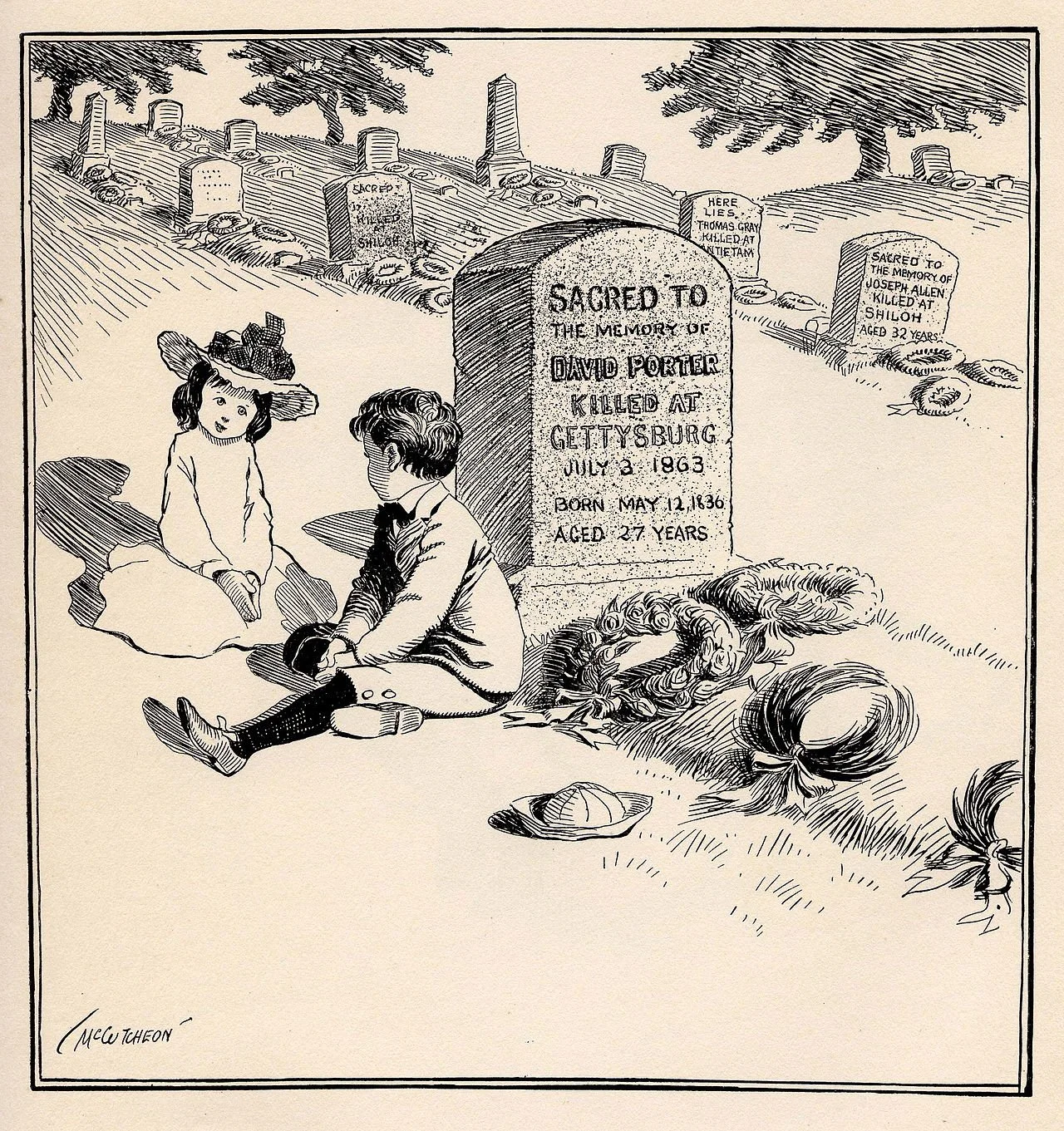Connecticut Sen. Richard Blumenthal said he was “concerned” about Biden’s low polls.
MANCHESTER, Conn.
Have the country's two major political parties ever been as disgraceful as they are today?
Many Republicans remain devoted to Donald Trump despite his dishonesty, recklessness, hatefulness, cruelty and authoritarianism. Or maybe Republicans are devoted to Trump because of those characteristics. For as he runs for president again, Trump continues to embody the contempt fairly felt by millions about their government, even if contempt is no way to run a country.
But that contempt is so high because of President Biden, a Democrat, and his candidacy for re-election. Republicans won't turn away from Trump while polls show him ahead of Biden. What is most remarkable and appalling is that while polls show that Democrats overwhelmingly want their party to nominate someone other than Biden, no Democratic leaders of national standing dare to represent them, even as polls say a "generic" Democrat might easily defeat Trump.
There also wasn't much courage in the Democratic Party in a similarly disastrous time, in 1967 and 1968, when the country was deeply troubled by the unnecessary and mismanaged war in Vietnam. But there was some courage, though there were fewer mechanisms for challenging party leaders than there are today.
Back then party primary elections to choose delegates to national presidential nominating conventions were not common. But one Democrat, U.S. Sen. Eugene J. McCarthy, of Minnesota, answered the call for a challenger to President Lyndon B. Johnson, mobilized anti-war Democrats, showed that most Democrats wanted change, and caused the president to announce that he wouldn’t run for re-election in 1968.
While presidential primaries now are held in most states and Biden is a disaster politically, he is not being seriously challenged within his party, though supporting Biden empowers Trump.
In this regard Connecticut's congressional delegation, all five members of the House and both members of the Senate, is especially disappointing. Six of the seven are and long have been safe politically. The seventh, 5th District U.S. Rep. Jahana Hayes, has a competitive district but her greatest vulnerability as she seeks re-election next year will be running with Biden at the top of the Democratic ticket.
That is, all seven Connecticut Democrats in Congress could survive politically if they challenged the president's renomination. But they have had little to say about the disaster Biden's renomination would portend. Only U.S, Sen. Richard Blumenthal seems to have even acknowledged the danger, saying the other day that he is "concerned" about Biden's awful standing in the polls.
Gov. Ned Lamont, the state's leading Democrat, seems happy with the prospect of Biden's renomination and might prefer to preserve his high approval rating by staying out of national politics. But the governor usually has a good sense of how the political winds are blowing and surely has seen that they are filling Trump's sails. The governor might afford to spend some political capital by articulating what even most Democrats know about Biden -- that he shouldn’t run for re-election.
Confidentially, Connecticut's members of Congress might explain that if they admit that the president would serve the party and the country best by retiring, they might be cut off from the federal patronage that flows to the state. But how much patronage will Connecticut get under a Trump administration, which likely would come with Republican majorities in both houses of Congress?
As long as the Democrats seem likely to renominate Biden, thereby increasing the chances that the Republicans will renominate Trump, there probably will be stronger than usual minor-party candidates. Robert F. Kennedy Jr., shunned by the Democrats and now running independently, is getting unusually strong support in polls. The fusion ticket contemplated by the No Labels organization might do even better.
Then the national vote might be divided substantially four ways, putting almost every state in play in the Electoral College, risking strange results and leaving the country even angrier and more divided.
Even if Democratic leaders really believe that Biden is doing a good job, the people strongly disagree. Or maybe Democratic leaders secretly think that Trump's return wouldn't be much worse than four more years of Biden.
Chris Powell has written about Connecticut government and politics for many years. (CPowell@cox.net).
-END-































